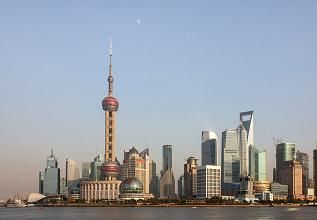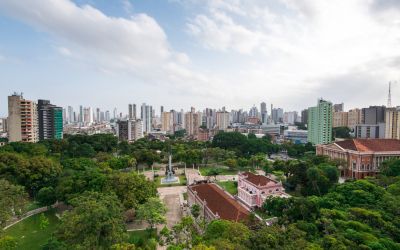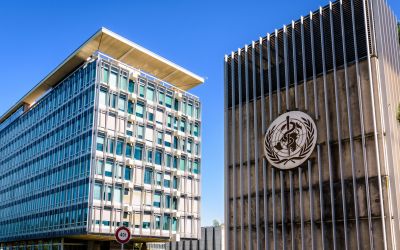Shanghai commits $16bn to cut air pollution
Shanghai officials have committed 100 billion yuan (US$16.13 billion) over the next three years in an effort to reduce pollution, according to an announcement on Wednesday

Shanghai officials have committed 100 billion yuan (US$16.13 billion) over the next three years in an effort to reduce pollution, according to an announcement on Wednesday.
Zhang Quan, director of the Shanghai Environmental Protection Bureau, said the funding will go towards an estimated 220 projects in eight areas of concern, including, water, air, soil, waste, industry, agriculture, ecology and circular economy.
The major areas of concern are nitrogen and phosphorus pollution in water, high level of PM2.5 pollutant particles in the air, and fumes from restaurants, Zhang said.
The initiative is designed to significantly cut the number of heavy pollution days and reduce the PM2.5 density to 48 micrograms per cubic metre by the end of 2017.
According to the World Health Organization (WHO), a “safe” PM2.5 concentration is 25.
Shanghai’s overall air quality improved in 2014 compared to the previous years levels thanks to the absence of extreme weather and putting in place anti-air pollution measures including the use of cleaner energy sources.
In 2014 the city’s average PM2.5 density was recorded at 52, a reduction of 16.1 per cent from 2013.
17 sewage treatment projects also feature in the new initiative with the Bailonggang factory set to be renovated, and three sewage treatment factories will be constructed in areas including Nanxiang and Hongqiao.
The plan also includes the installation of efficient oil smoke purifying applications at big and medium restaurants.
300,000 heavily polluting vehicles are also due to be removed from the roads as part of the plans.
A total of 171,600 heavily polluting vehicles were removed from Shanghai’s roads in 2014 and more than 90,000 polluting vehicles will be taken away in 2015.
1,100 boilers at small and medium plants are also scheduled to be replaced with more energy efficient models.
Zhang said that over the past three years, the emitting of four major pollutants — chemical oxygen, ammonia nitrogen (NH3-N), sulfur dioxide and nitrogen oxide has been significantly reduced.
Businesses were fined more than 100 million yuan ($16 billion) in 2014 for failing to abide by city’s air pollution regulations.
Around 3,180 hectares of green space have been added to Shanghai in the past three years and the city’s total forested area approached 14 per cent by the end of 2014.



_400_250_80_s_c1.jpg)


